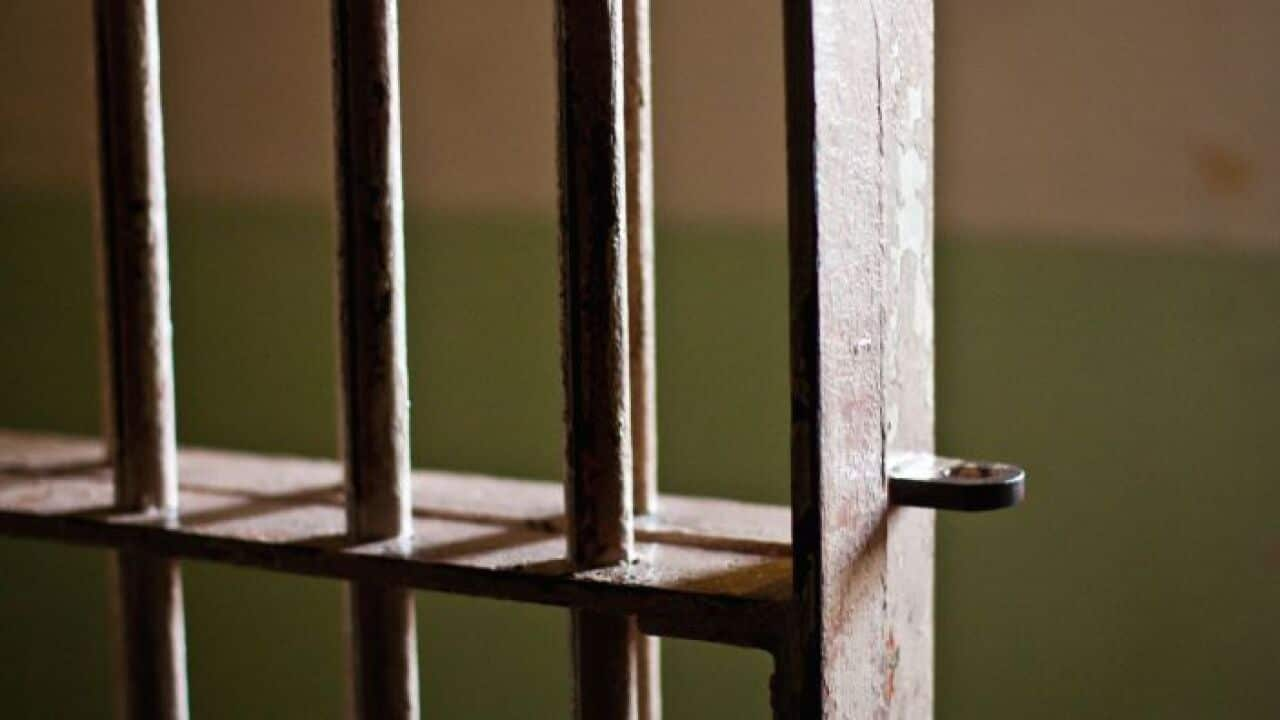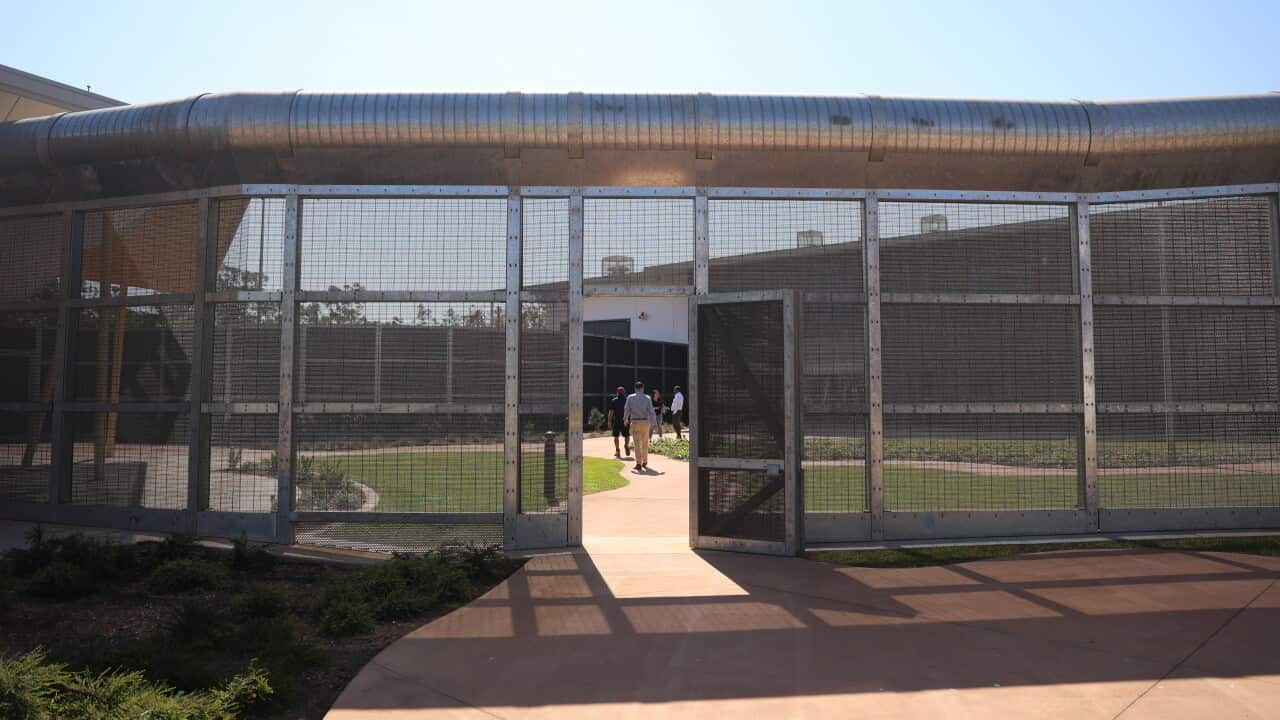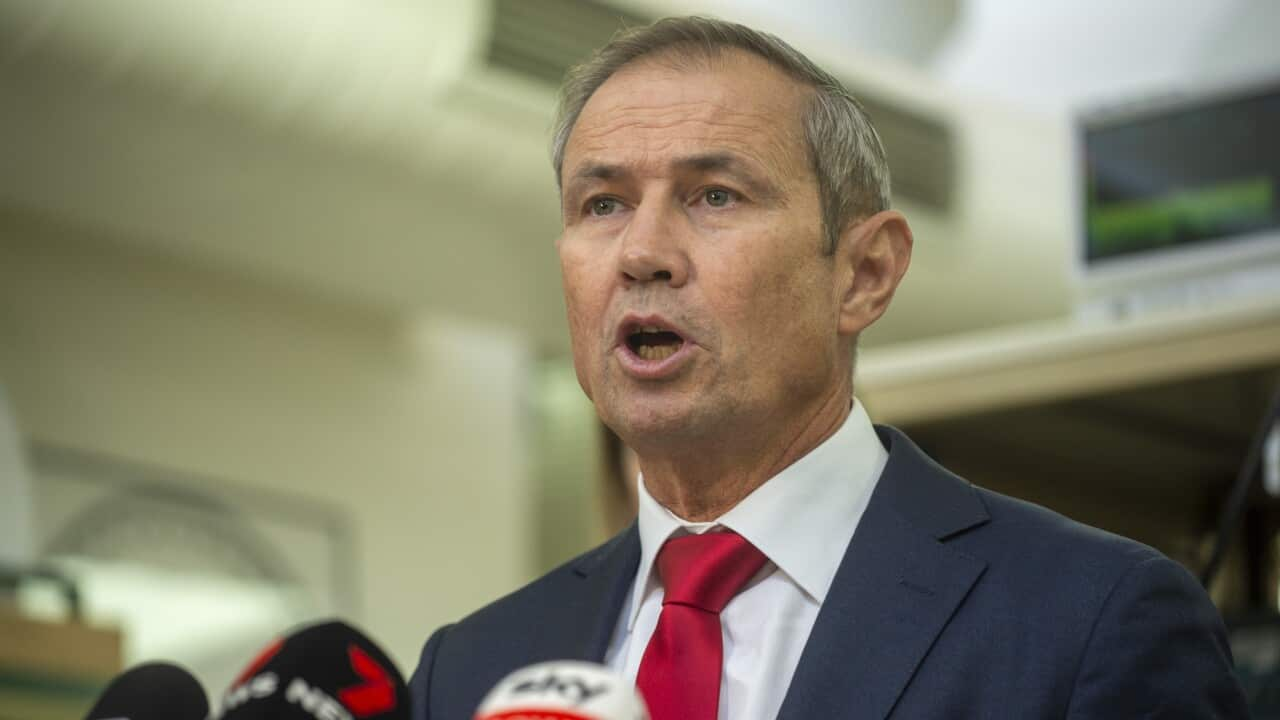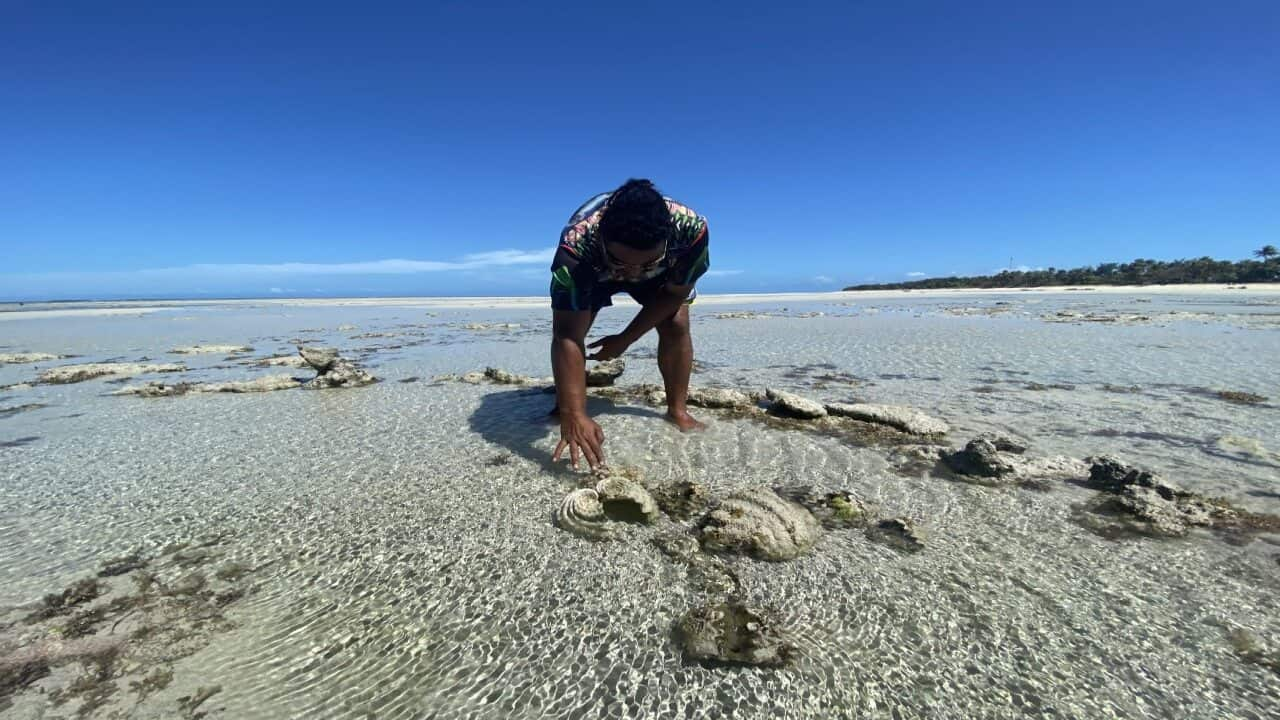Children's human rights are going backwards in Australia, according to an international human rights group.
And First Nations kids are particularly at risk.
On Friday, advocacy group Human Rights Watch released its , which reviews human rights practices in more than 100 countries.
The chapter on Australia said the nation had seen "reversals in respect for children's rights", particulary through authorities in Queensland and Western Australia detaining children in facilities designed for adults.
The report also criticised the Northern Territory government for lowering the age of criminal responsibility from 12 years to 10 and Victoria for backflipping on a promise to raise the age to 14.
Aboriginal and Torres Strait Islander Social Justice Commissioner Katie Kiss told NITV that the findings in the report of the dehumanisation and maltreatment of First Nations children highlight an urgent issue.
“Widespread inequality experienced by our communities mean children’s basic health, housing and education needs aren’t being met," she said.
"This, coupled with high representation of First Nations children in the child protection system, contributes to offending by children.
“Governments must invest in education, health, housing and community-led services for First Nations children and their families to address these underlying causes."
Human Rights Watch says Australian children are subjected to harsh conditions in detention, including
"(Australia's) treatment of children in its criminal justice system went from bad to worse in 2024," Human Rights Watch researcher Annabel Hennessy said.
"These increasing violations are a blot on Australia's human rights reputation globally."
Human Rights Watch also says the federal government has "made minimal strides" in advancing Indigenous rights and had decided not to establish the Makarrata Commission for treaty-making and truth-telling between Indigenous and other Australians.
Kids behind bars
On any given day, about ages 10 to 17 are detained or imprisoned across Australia, with First Nations children making up approximately 60 per cent of the prison population.
Every jurisdiction in Australia except the ACT has an age of criminal responsibility below the UN-recommended minimum of at least 14 years.
Human Rights Watch also singled out the NT for reintroducing spit hoods for use on children.
Throughout 2024, authorities in Queensland continued to detain children in watch houses – concrete cells typically designed for short-term detention of adults.
In September, an revealed poor conditions in the Cairns and Murgon watch houses, where children had spent weeks detained.
The Ombudsman's report highlighted overcrowding in the Cairns watch house and a complete absence of natural light in cells and common areas.
In Murgon, children were deprived of fresh air, with no outdoor exercise available.
Prior to the report's release a spokesperson for the Queensland Crisafulli Government told NITV that they had announced a funding extension for the Caboolture Watchhouse to accommodate children in detention and that the Wacol Youth Remand Centre (in Brisbane) will deliver a further 75 beds in mid-2025.
The Crisafulli Government has been upfront about its 'adult crime, adult time' laws not complying with international human rights standards, coming under fire from the for its approach.
In Western Australia, authorities detained children in Unit 18, a wing of the maximum-security Casuarina Prison.
The report points out that disparities in Australia’s adult criminal justice system remain enormous, with First Nations people hugely overrepresented.
The imprisonment rate for First Nations adults is around 2,266 per 100,000, compared to 149 per 100,000 for non-Indigenous Australians.
In August, a parliamentary inquiry into missing and murdered First Nations women and children .
The inquiry found First Nations women and children were overrepresented among missing persons and murder victims. It also that Australia’s policing and criminal legal systems discriminate against First Nations people including women and children and this is evident in inadequate responses to missing persons reports and homicide cases.
Australia was also criticised for its environmental record, with the report saying the country remains one of the largest fossil fuel exporters globally, significantly exacerbating the climate crisis and its detrimental human rights impacts.
, found that despite presenting itself as a minor emitter, Australia is the world’s second largest polluter (after Russia) when carbon emissions from fossil fuel exports are calculated.
In February, the Nagana Yarrbayn Wangan and Jagalingou peoples initiated legal action against the Queensland government, alleging that it violated their human rights by failing to prevent the Adani coal mine from contaminating their sacred wetlands.
Adani has rejected the claims and says its subsidiary Bravus, which operates the coal mine, was fully compliant with environmental conditions.
The report also says Australia continues to evade its international obligations to asylum seekers through new laws "to pay third-party countries to accept non-citizens, including recognised refugees, seek jail time for those who resist deportation, and ban phones from detention centres".
The group called on the federal government to act on the recommendations of a and promptly introduce legislation for a new national Human Rights Act.
Ms Kiss called on the federal government to show leadership, including holding states and territories accountable for all their human rights obligations, and to adopt the 24 recommendations to transform child justice made by National Children's Commissioner Anne Hollonds in her 2024 report .
"Ratifying international treaties, such as the Convention against Torture and Other Cruel, Inhuman or Degrading Treatment or Punishment, and the Convention on the Rights of the Child, creates a binding obligation," she said.
"Australians expect that our governments follow through on the promises they have made to the world and incorporate human rights standards into our domestic laws.”


















